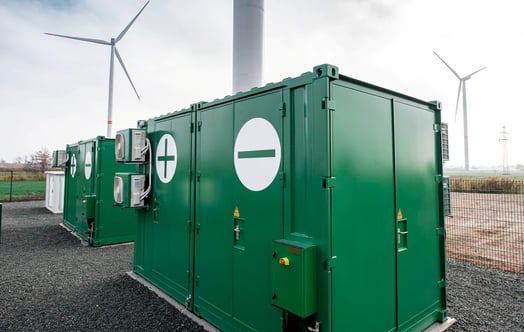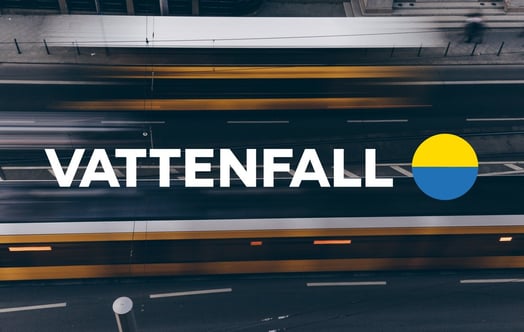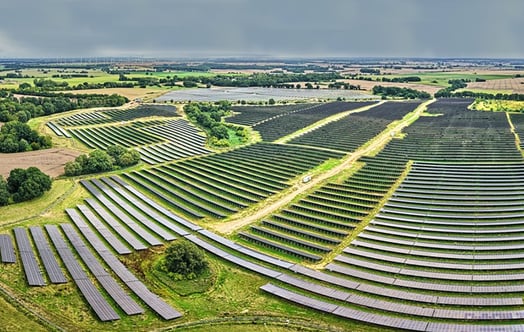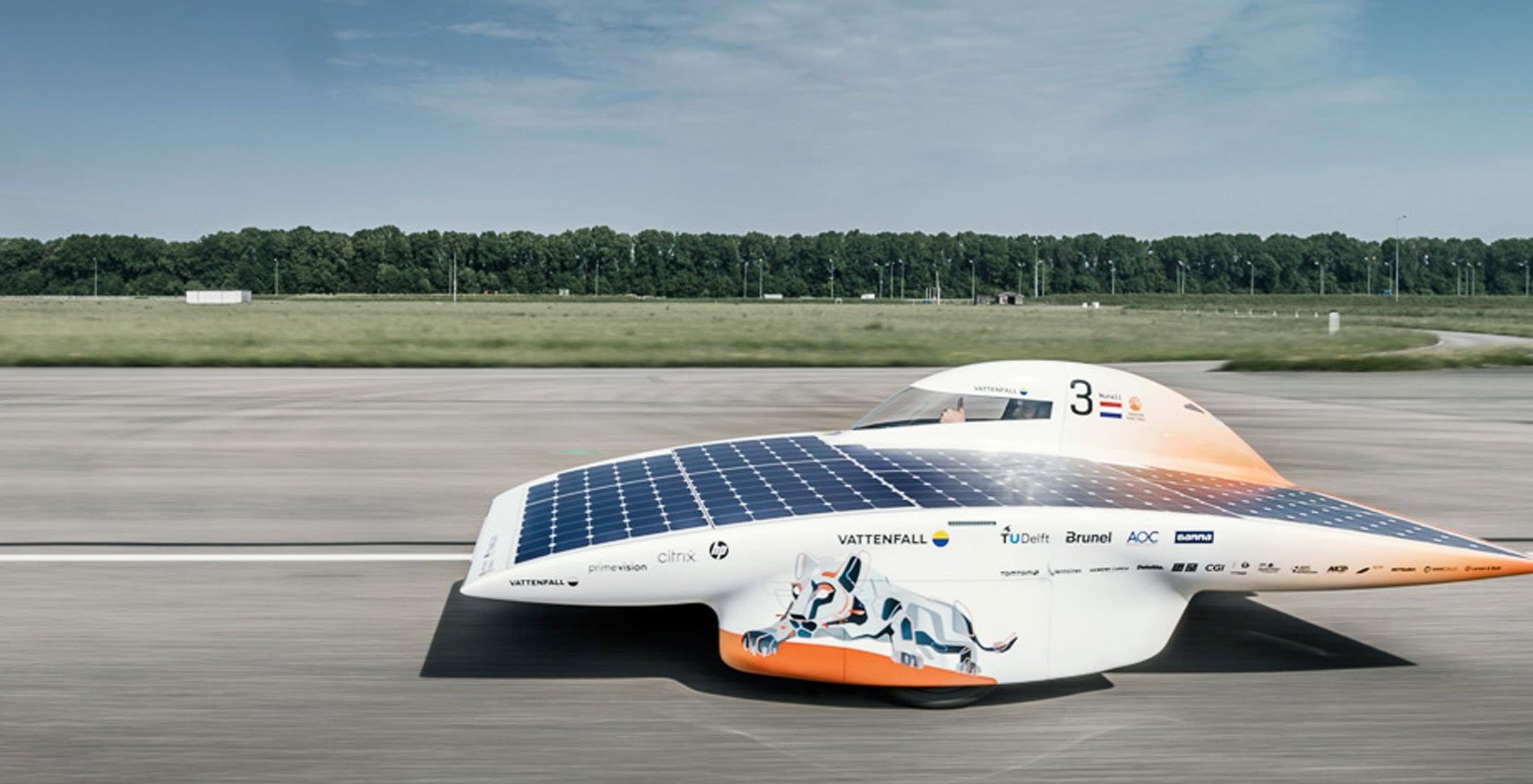
Vattenfall Solar Team ready for Solar Challenge Morocco
On 25 October, the Vattenfall Solar Team and its solar car, the Nuna11, will be on the starting line of this year's biggest solar-car race: the Solar Challenge Morocco. In fierce competition the team will cover a distance of some 2,500 kilometres in five days – powered only by the sun.
As the big solar race in Australia was cancelled due to Covid-1, the team will now for the first time do a Morocco race – in unfamiliar territory.
Vattenfall Solar Team captain Christiaan Wiers is looking forward to the race.
"We have worked very hard on this in the last year, and we're ready for it. Despite having to follow strict safety measures for most of the year due to the Covid pandemic, we succeeded in building a revolutionary solar car. I and the rest of the Vattenfall Solar Team want to show that driving without fossil fuels is definitely possible − we've been doing it for twenty years now! Our aim with this race is to inspire the world to make a personal contribution to a sustainable, fossil-free future."
Nuna11: the Picasso of solar cars
The team, consisting of students from Delft University of Technology, has created a radical new solar car with the Nuna11. The unusual position of the third wheel and the tilted solar panel are intended to make the car more stable in windy conditions as well as faster and safer. As the wheels are not located side by side in the usual way with cars, the team had to develop an entirely new steering system. The powerful and efficient motor controller designed by the team is also an important innovation. All the innovations together enable the Nuna11 to accelerate faster, climb better, and hold its own in busy urban traffic. That makes it ideal for a race in Morocco.
Wiers likes to compare the car to the world-famous artist Picasso.
"When you look at his paintings, the individual elements sometimes look a little strange, but they nevertheless combine to form an impressive whole. Nuna11 is a bit like that. If you're aspiring to win against the best in the world, you have to think outside the box. And that's exactly what we did."
Strategic game
The teams will cover some 2,500 kilometres in five days. Instead of a straight and level course, as in Australia, the drivers in Morocco will be confronted with mountains and desert, unpaved roads, and even animals along the way. Overtaking will be difficult. The question the will be: who can best adapt to the challenging conditions, and who has the smartest strategy? The team that covers the total distance in the shortest possible time wins the race.
“The race is not only about speed. It's actually a smart strategic game, where different factors can determine the outcome. For example, we will be constantly keeping an eye on weather conditions and closely analysing the data from the Nuna11, such as how much power the solar panel is providing and the battery charge level. Because this is our first time in Morocco, preparation and teamwork will be more important than ever to succeed in the race," Wiers says.
Follow the Vattenfall Solar Team during the Solar Challenge Morocco on 25-29 October.
Five days of fossil-free racing on solar and wind power
The Solar Challenge Morocco starts on 25 October in the Moroccan port city of Agadir and will take place across five stages – via Zagora and Merzouga through the Atlas Mountains and the Sahara Desert – before returning to the finishing line in Agadir on 29 October.
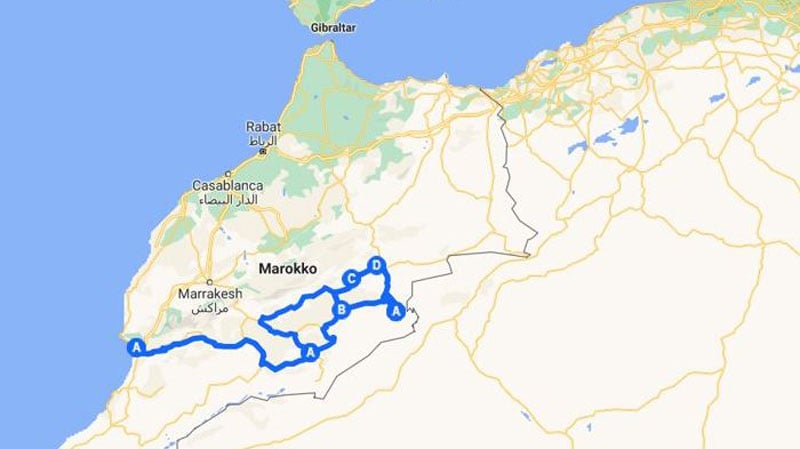
Solar Challenge Morocco
Update 21 October
In the night from 20 to 21 October, the borders to Morocco were closed quite abruptly for travellers from the Netherlands, Germany and the United Kingdom, among others. The team had already been safe in Morocco for a few weeks, just like the other participating race teams, so it looks like the race can go ahead for the time being. Vattenfall is monitoring the situation.

